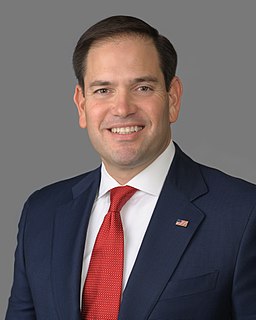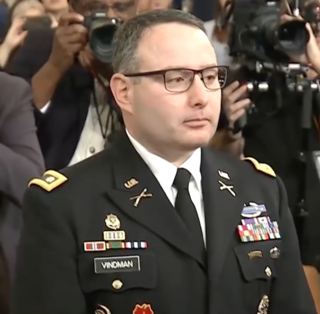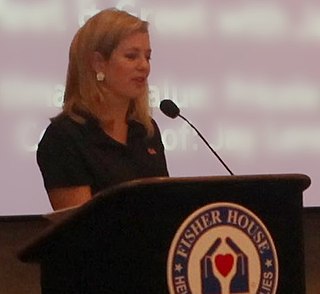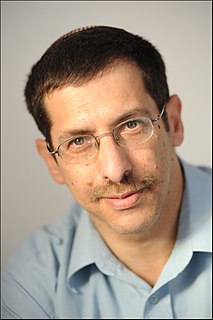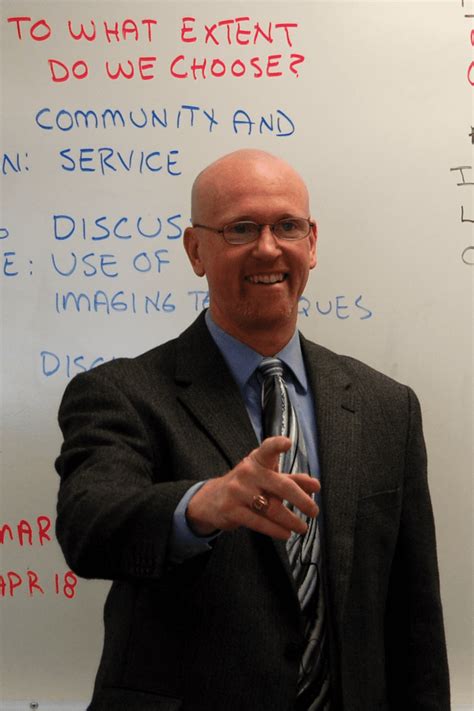A Quote by Chris Kyle
After I was discharged from the military, it was difficult trying to become a civilian.
Related Quotes
What is and isn't justified by military necessity is, naturally, open to interpretation. One of the key concepts, though, is the law of proportionality. A military attack that results in civilian casualties - 'collateral damage' - is acceptable as long as the military benefits outweigh the price that is paid by humanity.
The intellectual and moral failures common to America's general officer corps in Vietnam and Iraq constitute a crisis in American generalship. Any explanation that fixes culpability on individuals is insufficient. No one leader, civilian or military, caused failure in Vietnam or Iraq. Different military and civilian leaders in the two conflicts produced similar results. In both conflicts, the general officer corps designed to advise policymakers, prepare forces and conduct operations failed to perform its intended functions.

